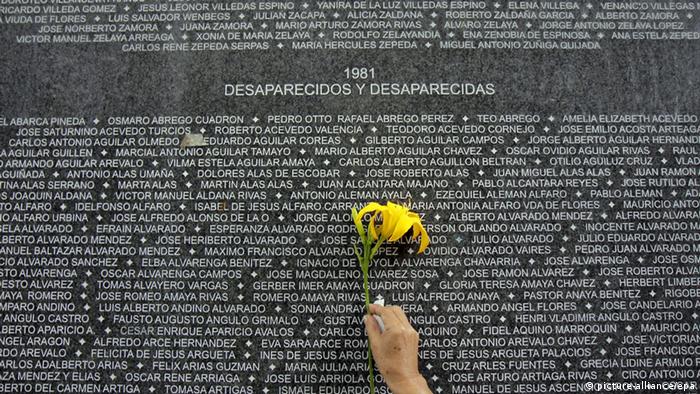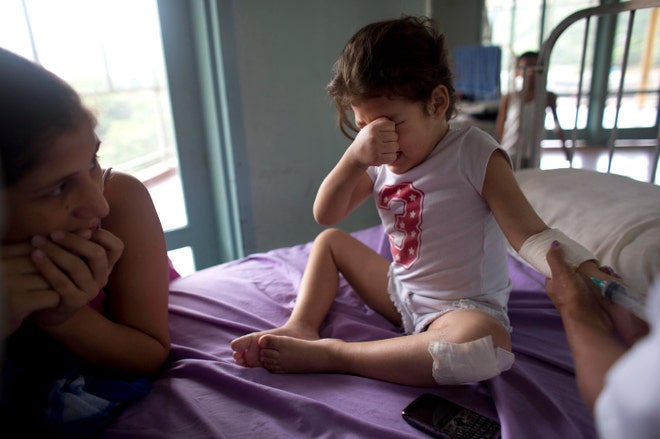By Sarah Lafen
Impunity Watch Desk Reporter, Europe
SOFIA, Bulgaria — The Bulgarian parliament has passed a bill which bans women from wearing face veils, or burqas, in public places such as government offices, schools, cultural institutions, and public recreation areas. Special exceptions will be made for those who wear the garment for health or professional reasons, as well as those who wear it at cultural events.
The ban applies to both Bulgarian citizens, as well as women entering the country temporarily. Punishment for those who ignore the ban and continue to wear the burqa in the prohibited public places will face a fine of up to 1,500 levs ($860) as well as the suspension of social security benefits.
Supporters believe the ban will boost security amidst recent terrorist attacks in Europe. The ruling Citizens for European Development of Bulgaria (GERB) party believes the bill will allow for better video surveillance and improved security within the country. Krasimir Velchev, senior GERB lawmaker, maintains that “[t]he law is not directed against religious communities and is not repressive.” Krasimir Karakachanov, co-leader of the nationalist Patriotic Front coalition which backed the bill, considers the burqa to be “more of a uniform than a religious symbol.”
Opponents of the ban believe the ban violates Bulgarian womens’ freedom of expression and religion. Human rights group Amnesty International calls the ban “part of a disturbing trend of intolerance, xenophobia, and racism…” The group’s European director, John Dalhuisen, believes that the security issues that supporters of the ban are concerned with can be addressed with restrictions on the covering of the face in high risk locations only, and not through a blanket ban across the country. Dalhuisen states that “this ban violates their rights to freedom of expression and religion.” The ethnic Turkish Movement for Rights and Freedoms refused to participate in the vote for the bill, saying the ban would “incite ethic and religious intolerance.”
The ban mirrors recent clothing bans in other European nations, such as the ban of the burkini in France, and the ban of the niqab in Netherlands and Belgium. In Bulgaria, the Muslim community makes up for approximately 8% of the country’s population.
For more information, please see:













